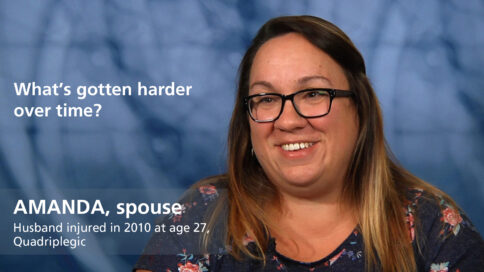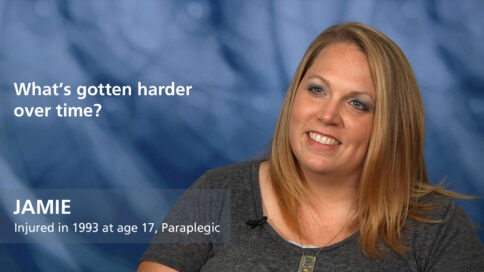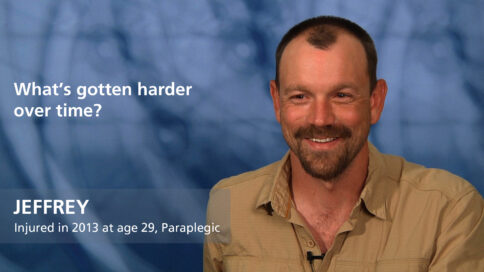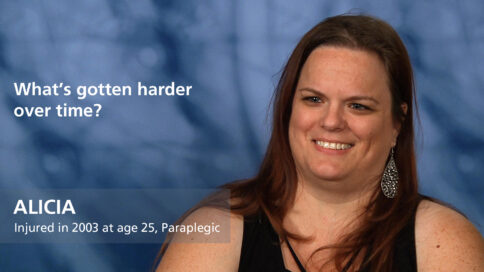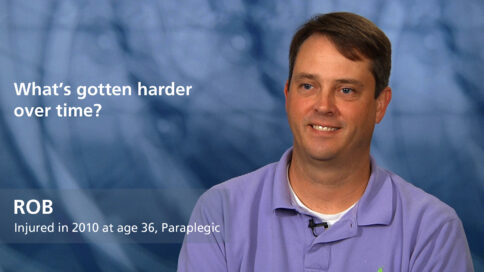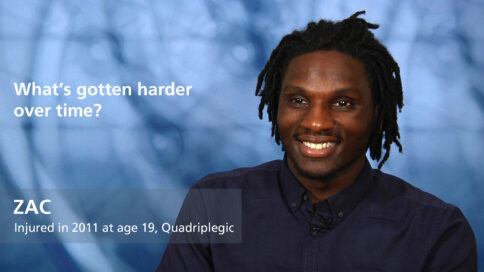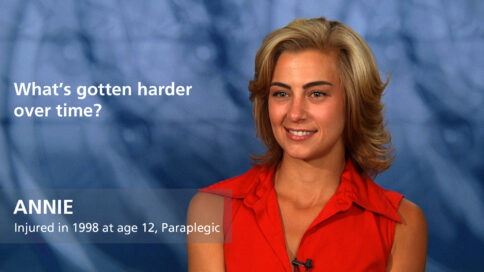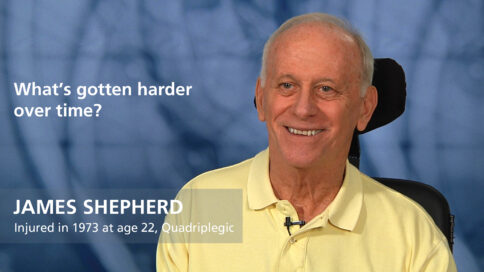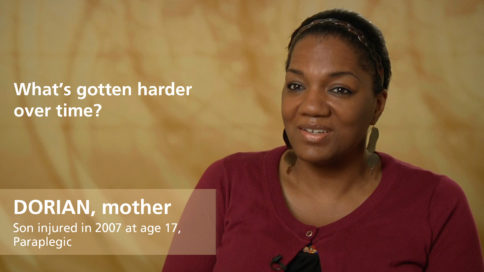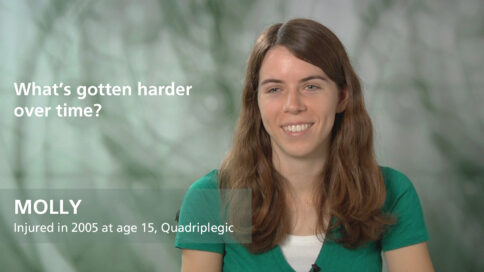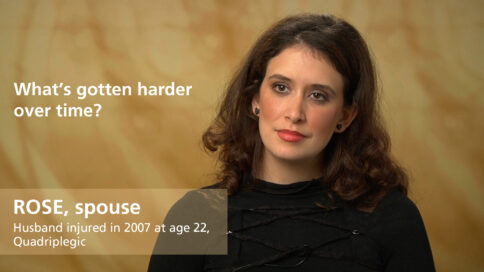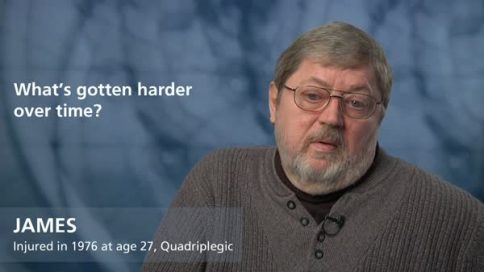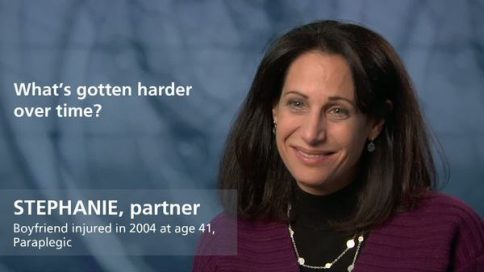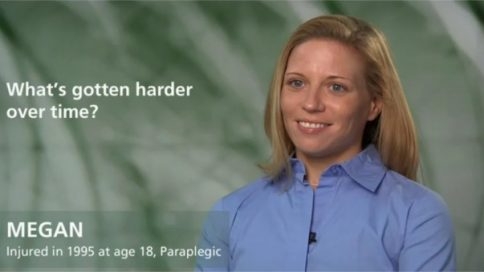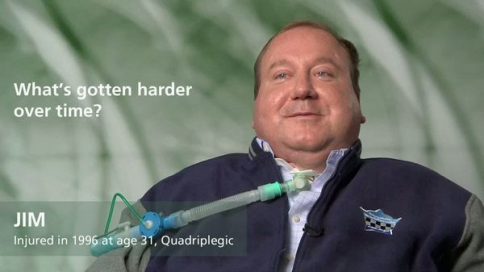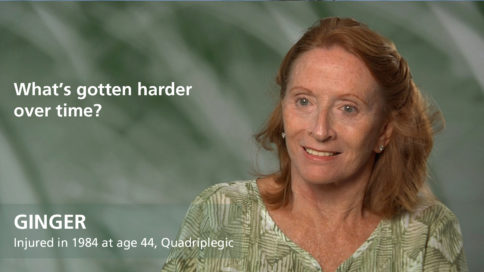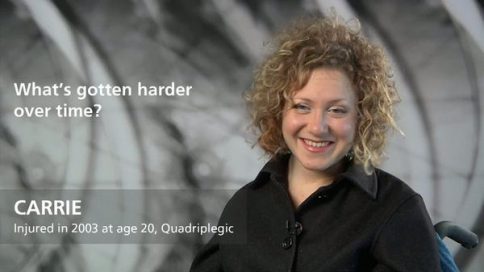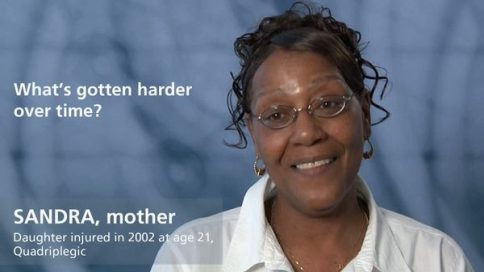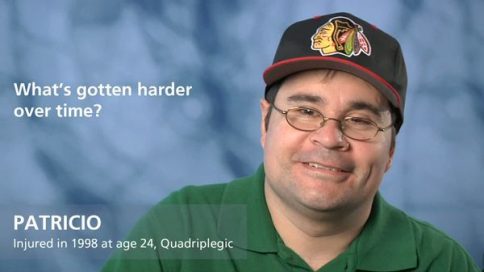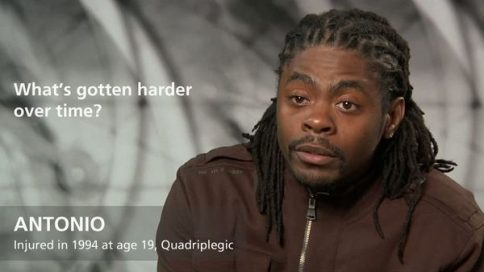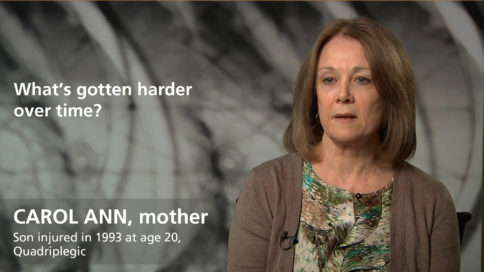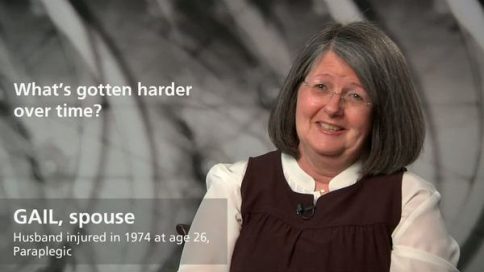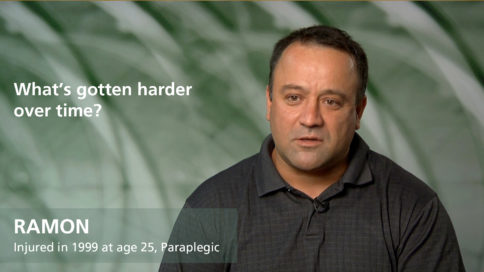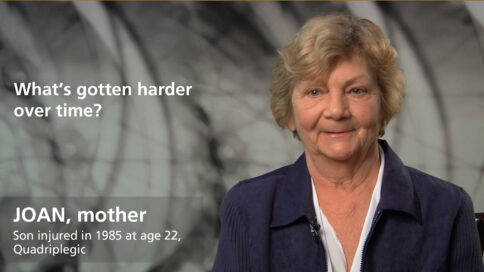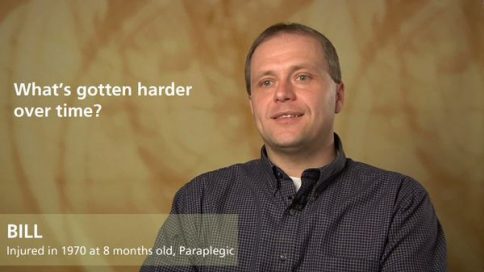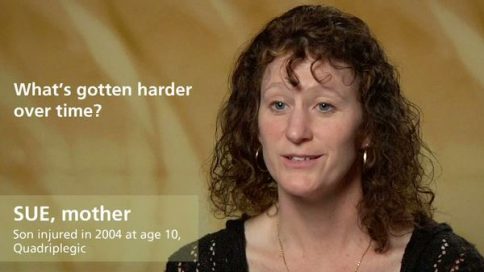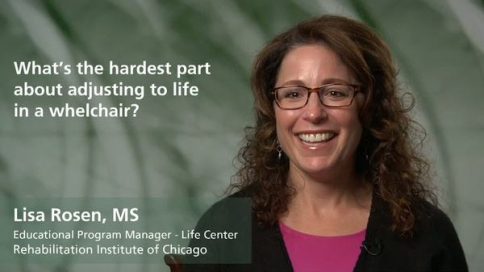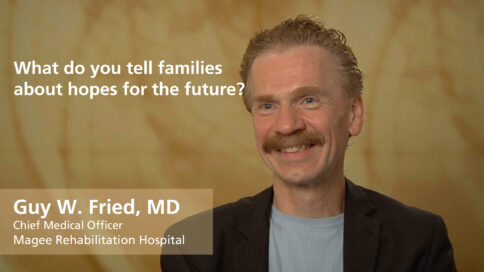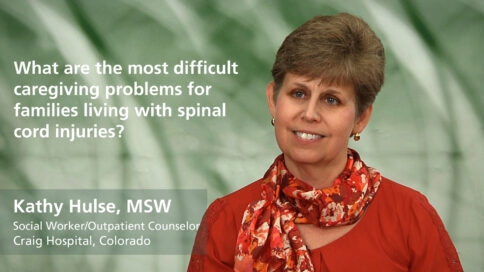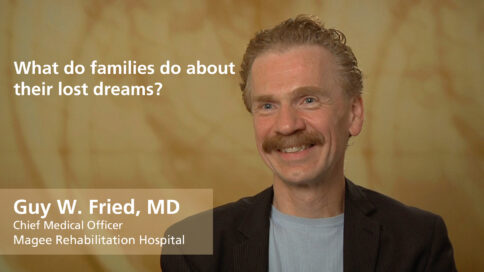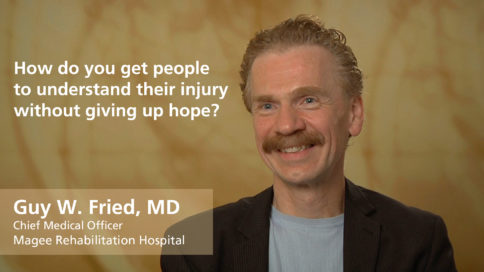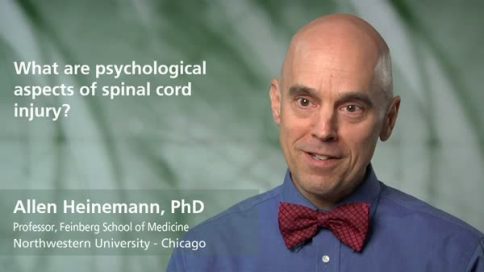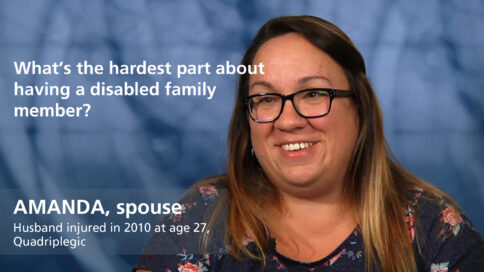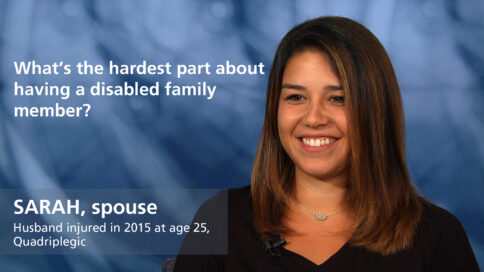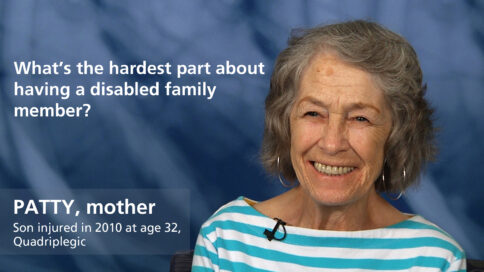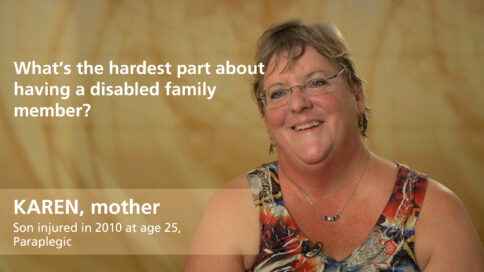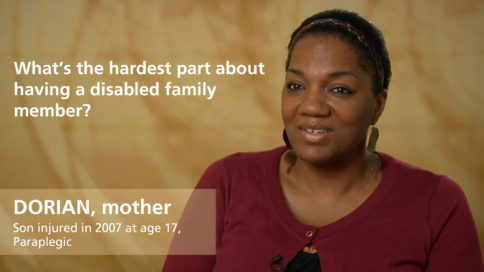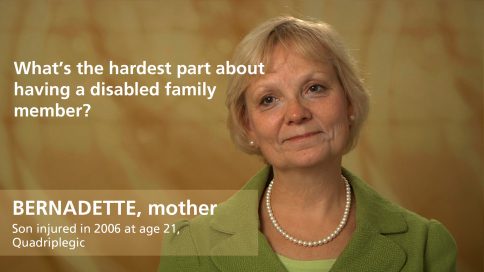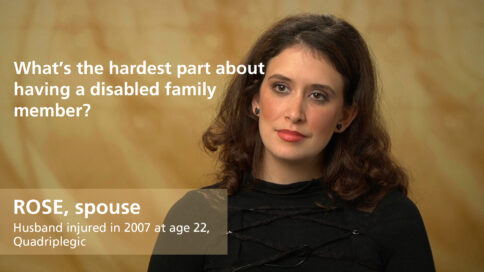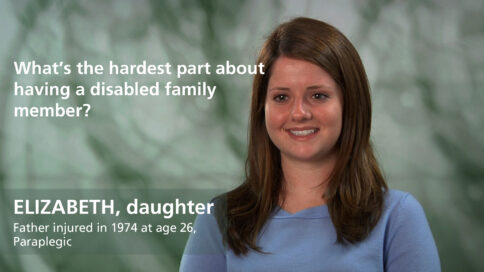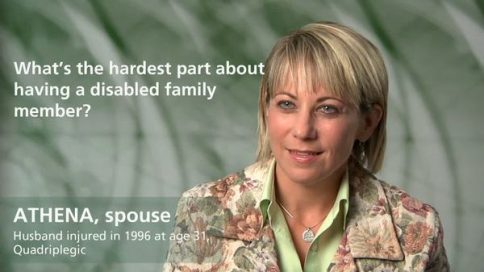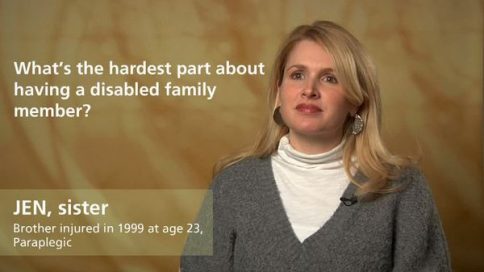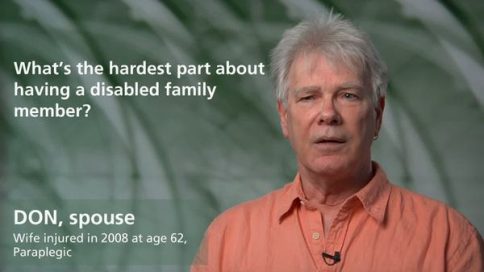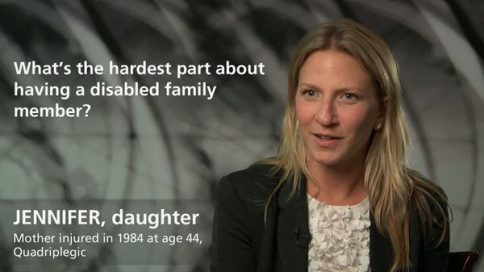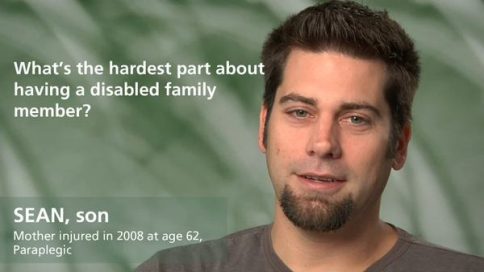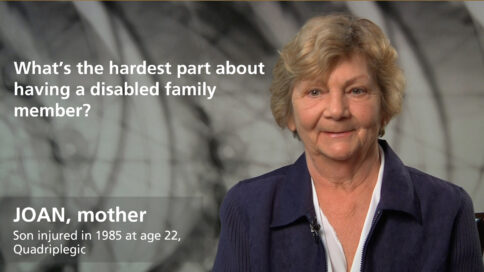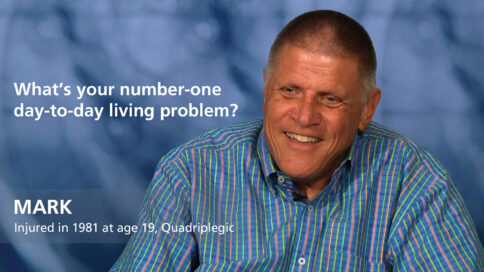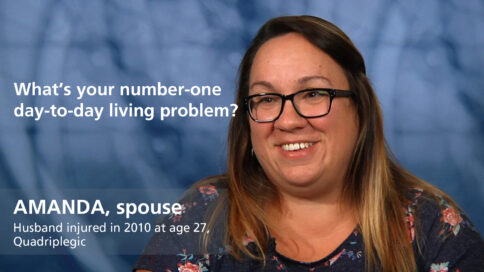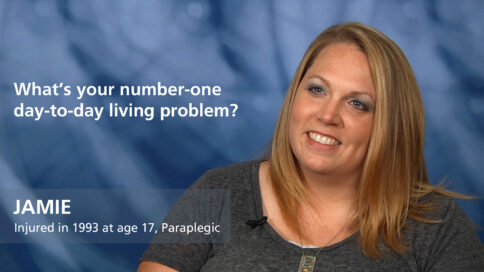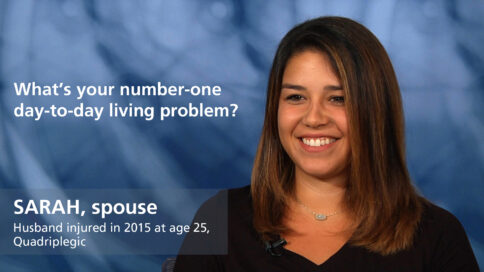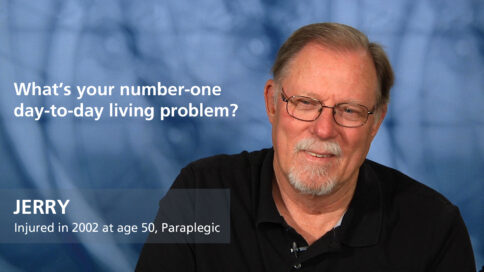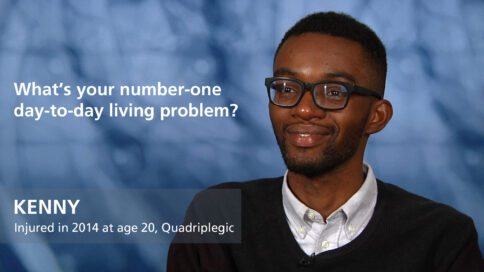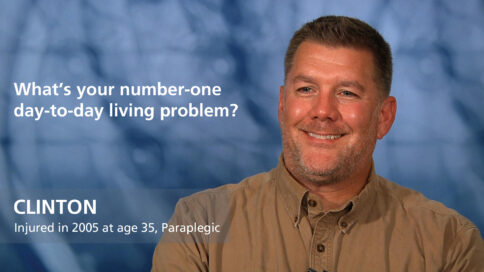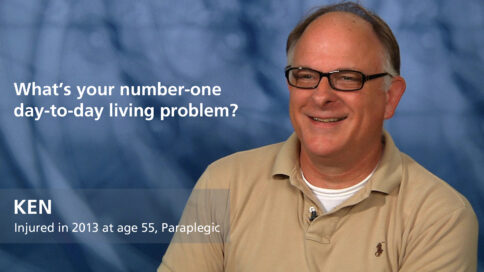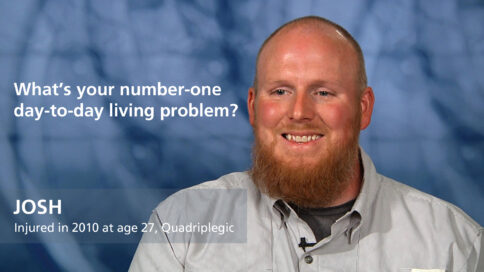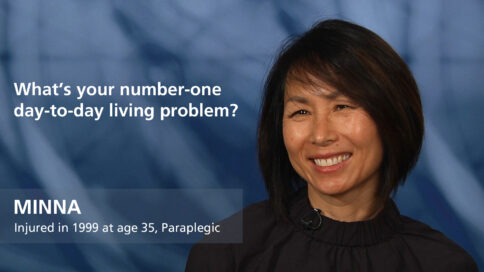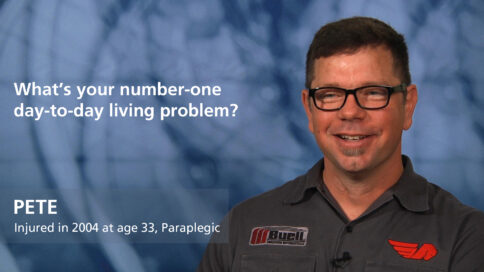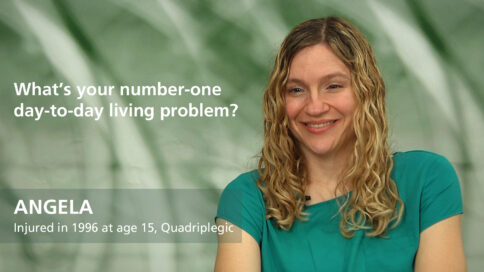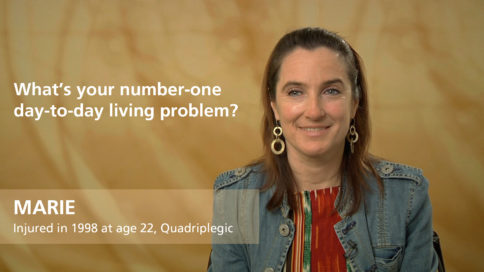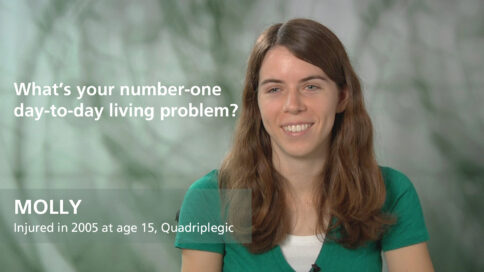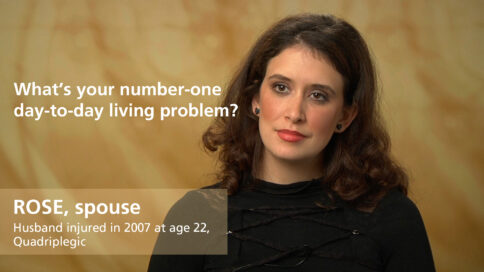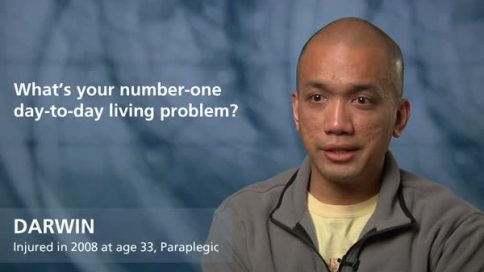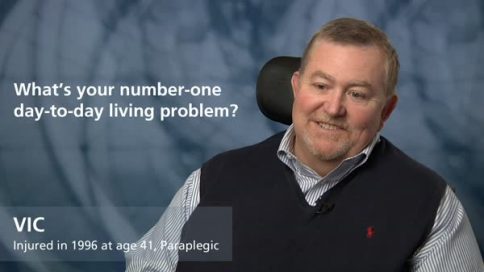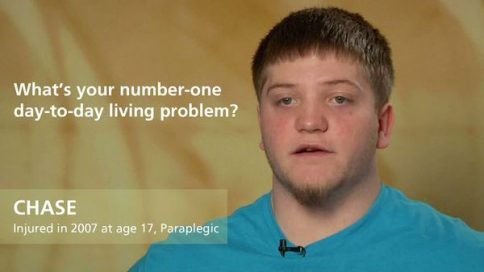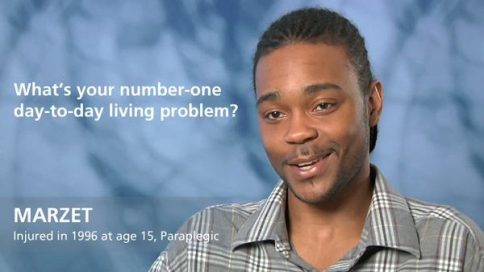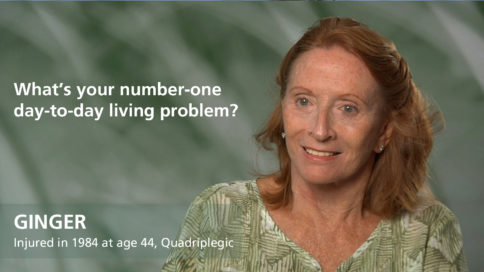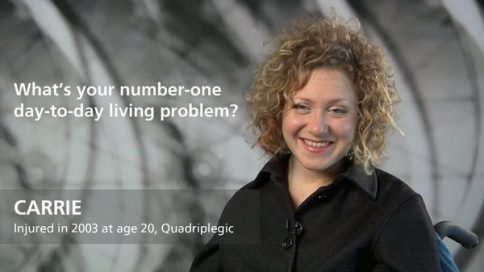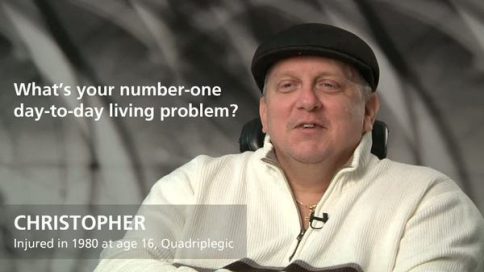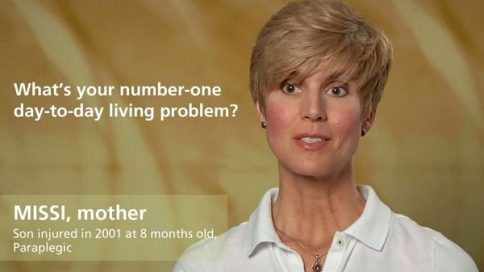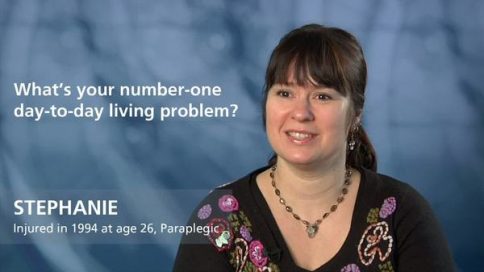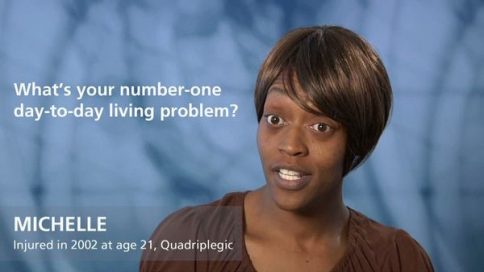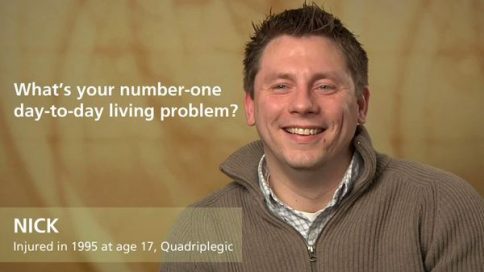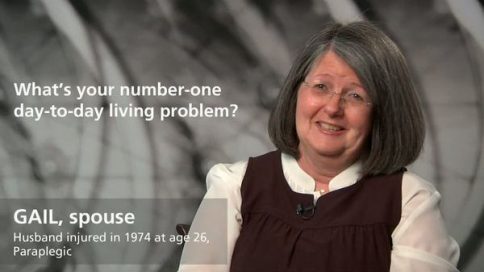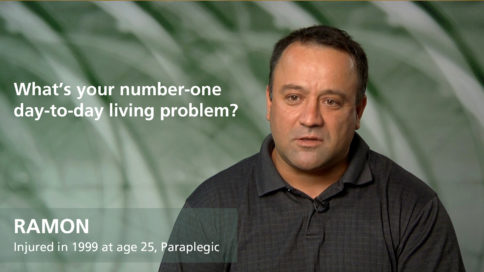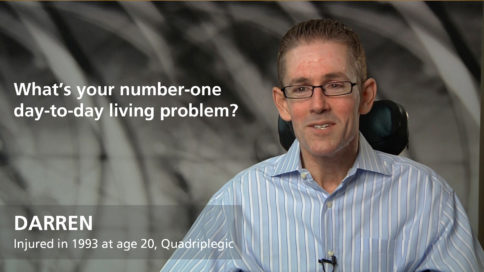Billy – What’s gotten harder over time?
|
|
Billy – What’s gotten harder over time? |
|
| More Videos by Billy | ||
|
Share |
||
Transcript
I don’t know that it’s gotten harder because he’s made such progress. And once he got the drive to live again, he came back, and he said he wanted to come back here to Atlanta to live. And he wanted to start playing rugby and stuff. He wanted to be closer to the Shepherd Center, so we let him come. And cutting those ties was awfully hard of saying “we’re not there to protect you again.” So, I don’t know that the hardest part was watching him make some mistakes after his injury and after going through the Shepherd Center and stuff. Some of the emotional mistakes and some of the—you know, the Shepherd Center tells you that they’re going to try this stuff and they’re going to get involved in this stuff. And you say, “not my son.” And then it does happen. And you have to use some tough love sometimes and say, “that’s it. You keep this right up, this is what’s going to happen.” You know, I cried the whole way back to Memphis one time. But it’s not hard any more, I mean he’s got his goals set. He works here at the Shepherd Center. He plays wheelchair rugby because he was always competitive. He plays for the USA team. He races wheelchairs. He bass fishes on the Paralyzed Veterans of America Tour. He lives in a condo by himself. He drives. He does everything we do basically. He doesn’t walk. So, I look at it—he can live his life the way he wants to, it looks like. And that’s what I want for him.
Show Less|
|
||
add
Billy – What’s gotten harder over time? |
||
BillySon injured in 2004 at age 18, quadriplegic |
More Videos by Billy | |
| Transcriptadd | share | |
I don’t know that it’s gotten harder because he’s made such progress. And once he got the drive to live again, he came back, and he said he wanted to come back here to Atlanta to live. And he wanted to start playing rugby and stuff. He wanted to be closer to the Shepherd Center, so we let him come. And cutting those ties was awfully hard of saying “we’re not there to protect you again.” So, I don’t know that the hardest part was watching him make some mistakes after his injury and after going through the Shepherd Center and stuff. Some of the emotional mistakes and some of the—you know, the Shepherd Center tells you that they’re going to try this stuff and they’re going to get involved in this stuff. And you say, “not my son.” And then it does happen. And you have to use some tough love sometimes and say, “that’s it. You keep this right up, this is what’s going to happen.” You know, I cried the whole way back to Memphis one time. But it’s not hard any more, I mean he’s got his goals set. He works here at the Shepherd Center. He plays wheelchair rugby because he was always competitive. He plays for the USA team. He races wheelchairs. He bass fishes on the Paralyzed Veterans of America Tour. He lives in a condo by himself. He drives. He does everything we do basically. He doesn’t walk. So, I look at it—he can live his life the way he wants to, it looks like. And that’s what I want for him.
